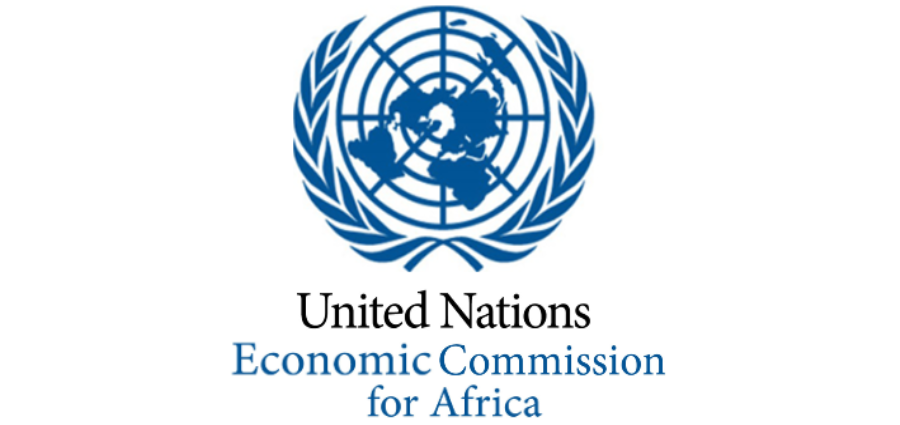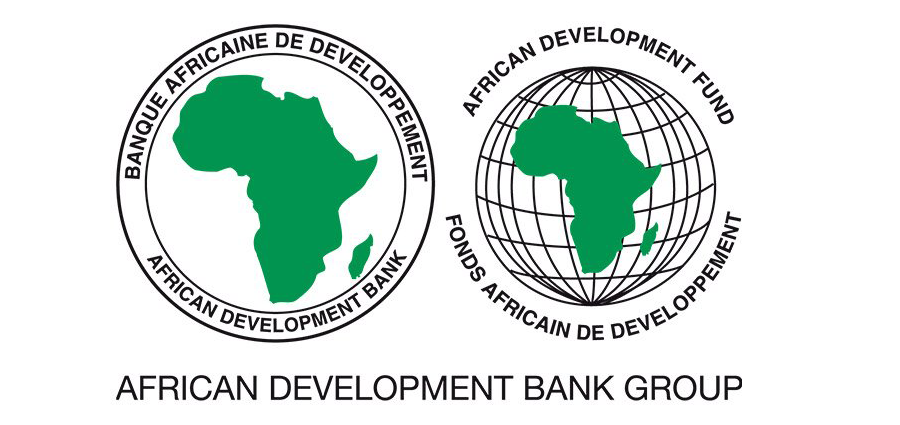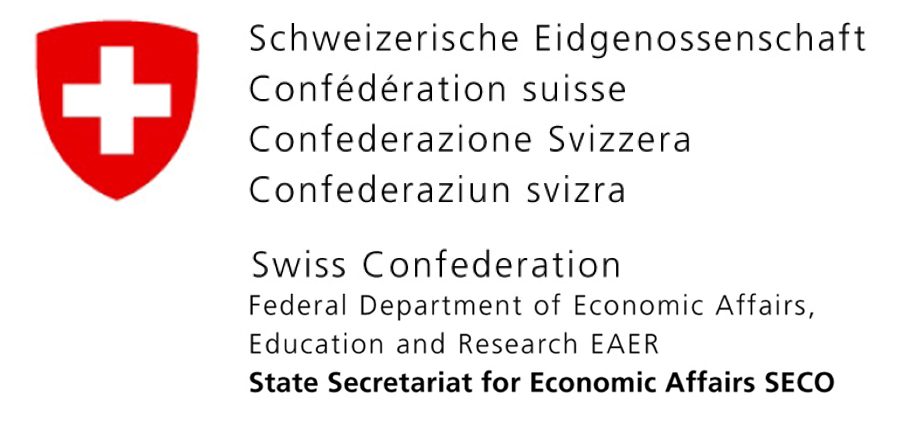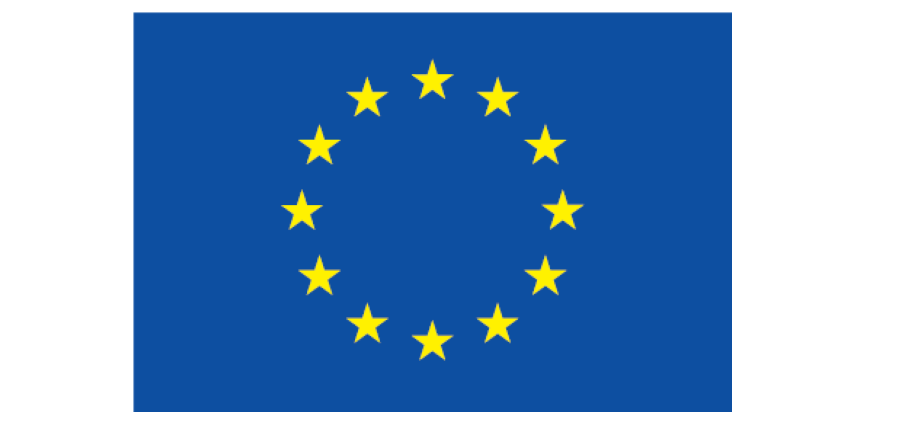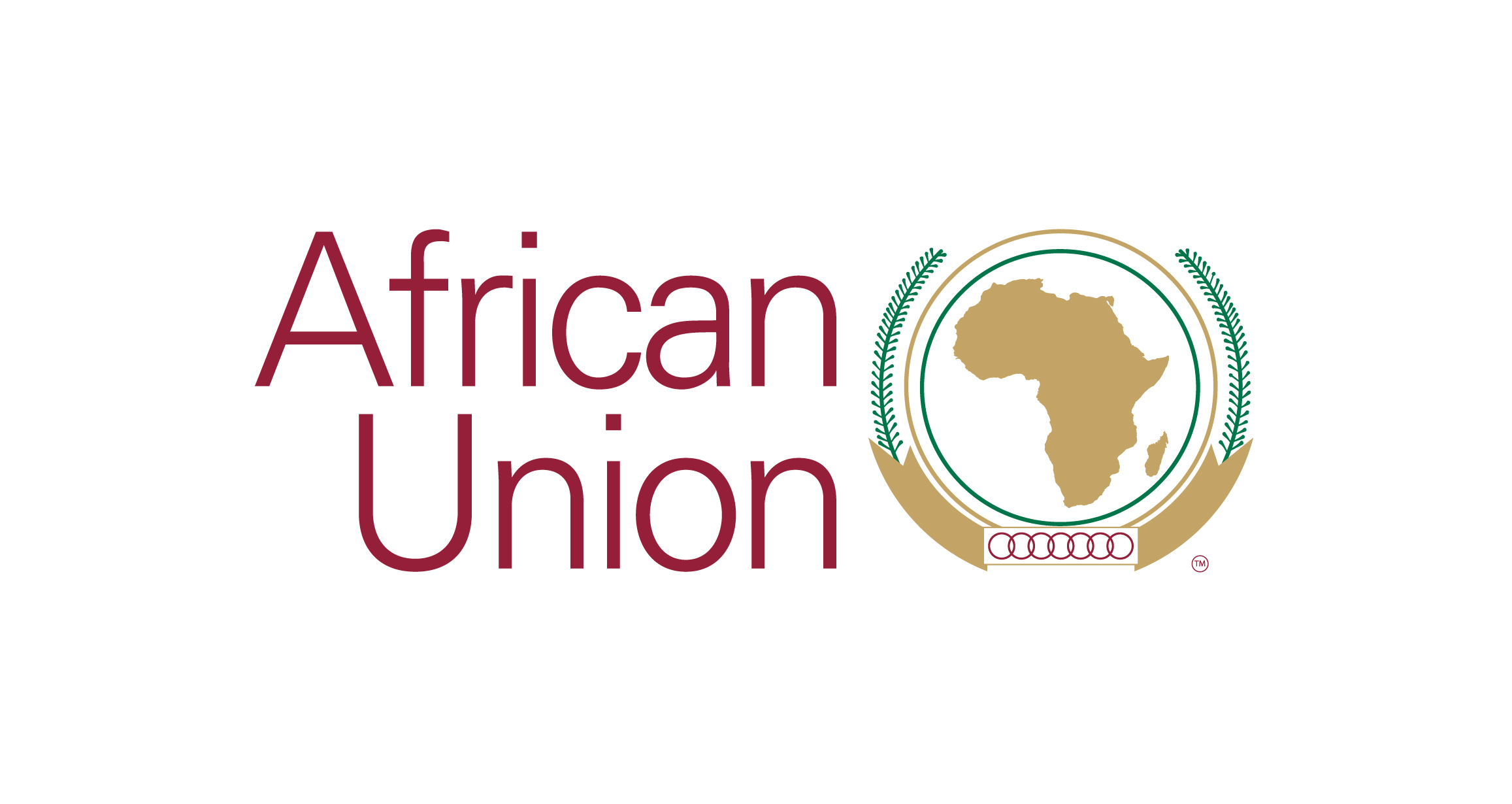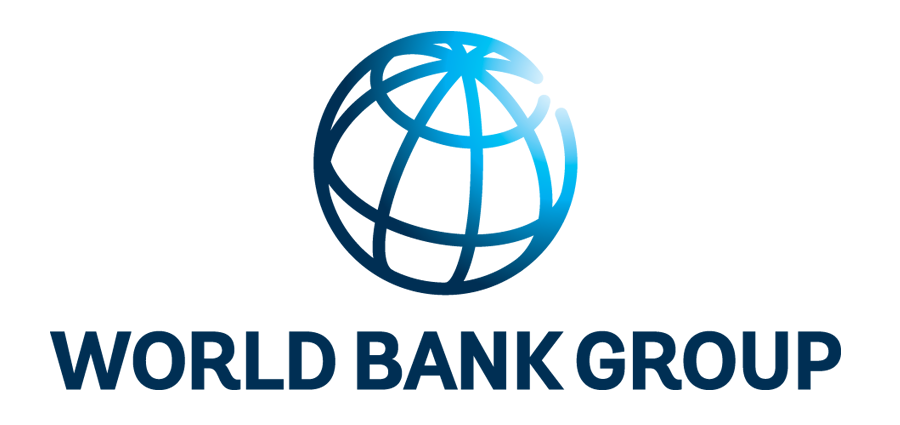A Study of Road Safety Lead Agencies in Africa
Winnie Mitullah • Martin Small • Mustapha Azzouzi
Road traffic fatalities and injuries are a global concern acknowledged in the United Nations Sustainable Development Goals (SDGs), an African concern acknowledged in the African Road Safety Charter, and a national concern acknowledged in various country policies and laws. Road safety lead agencies (RSLAs) are responsible for leading national efforts to achieve the national road safety goals, bringing all arms of government and society together to improve safety outcomes.
Despite the presence of these agencies in most countries, road safety performance remains a concern—management systems are inadequate and interventions are weak—justifying this examination of the performance of RSLAs in 16 anglophone and francophone countries of Africa, using quantitative and qualitative methods. The study was commissioned by the Global Road Safety Facility through the African Development Bank (AfDB) and the World Bank as part of a global study on RSLAs by the World Health Organization (WHO).
RSLAs in Africa operate in different legal and institutional contexts, which is reflected in the differentiated performance of various functions that are analyzed in this study. The analysis reveals that the agencies’ performances are undermined by regulatory weaknesses and resource scarcity.

